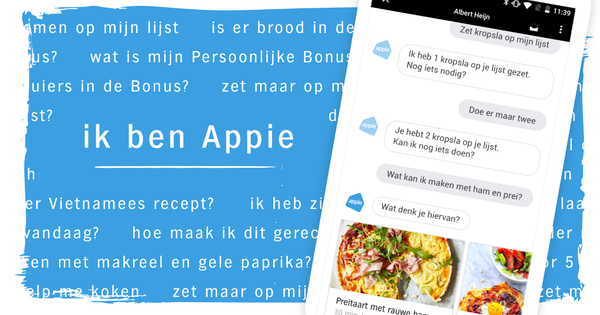The regulations regarding downloading films, series and music generate quite a bit of discussion. Is it allowed or is it prohibited? What is the chance of problems? And what about overcrowded download networks such as bittorrent and usenet (newsgroups)? It is high time to put an end to all uncertainty and to explain the rules once and for all.
Tip 01: Download ban
Previously, PC users were allowed to save a copy for their own use, for example by downloading a Blu-ray rip from the Internet. It did not matter that someone had illegally published the film in question on bittorrent or usenet. Making copyrighted files public without the permission of the rightholder(s) has always been prohibited. But downloading a copy was allowed, provided the use was limited to 'personal purposes'. In exchange for the lost income, there is a home copy levy on hard disks, blank DVDs, computers, laptops and MP3 players to compensate rights holders. In April 2014, the European Court whistled back at the Dutch government. The judges determined that the private copying scheme did not sufficiently compensate for the damage suffered. Since then, the Dutch government is no longer allowed to download copyrighted files from illegal sources. As a result, private copying fees decreased in 2015.

Tip 02: Download Networks
Now that there has been more or less a total download ban since April 2014, popular download networks such as usenet and bittorrent are even more under discussion. Do they even have a right to exist at all? The answer is a resounding yes! The underlying technology for exchanging information is not by definition illegal. That's part and parcel of the free internet. That usenet, bittorrent and other download networks are packed with illegal copies, that is of course another story. Websites that facilitate the illegal use of download networks can therefore expect problems with Stichting Brein and film companies. Many torrent sites and usenet forums have been closed in recent years because the owners feared imminent claims for damages. The Brain Foundation also regularly tackles individuals who publish films, audio files and e-books on the Internet on a large scale. Usually this does not lead to a lawsuit, because a settlement is reached. Despite the massive abuse, legal media files can also be found on usenet and bittorrent. For example, think of freeware and classical music whose copyright has expired. In addition, many people use Usenet as a digital bulletin board for exchanging information. Because usenet and bittorrent also lend themselves perfectly to legal activities, both download techniques are ineradicable.
 Usenet and bittorrent cannot be eradicated as download techniques
Usenet and bittorrent cannot be eradicated as download techniques The Pirate Bay
Many torrent sites choose eggs for their money and black out illegal websites before going to court. An exception to this is The Pirate Bay. For example, this controversial torrent site still earns a lot of money from illegal downloading, namely through shadowy advertisements. Remarkable, because the original owners have been convicted several times, whereby the service had to close its doors. The Pirate Bay still ignores any court ruling. For that reason, Stichting Brein would like Dutch internet providers to block access to this torrent site for their subscribers. A legal procedure for this has been going on for years, with the Supreme Court ruling shortly.

Tip 03: High risk?
According to research agency Telecompaper, 27 percent of the Dutch population sometimes illegally downloads a film or music album. That amounts to millions of people who are in violation. How real is the chance of being caught? Although the Brain Foundation and the likes mainly hunt for the distributors of illegal files, individual downloaders are no longer safe either. For example, the Dutch film distributor Dutch FilmWorks collects IP addresses of alleged offenders. Especially those who use bittorrent to download titles from this film distributor have recently run the risk of a letter with a settlement proposal. You run this risk, for example, with various films that the illegal streaming service Popcorn Time offers. Incidentally, Dutch FilmWorks does require permission from the Dutch Data Protection Authority to permanently store the IP addresses. Furthermore, the cooperation of the internet provider is required to link an IP address to a residential address. For the time being, internet providers do not just hand over personal data to their customers, which often requires the intervention of a judge.

Camouflage
Experienced downloaders are not deterred by the detection methods of organizations such as Stichting Brein and Dutch FilmWorks. They redirect download traffic en masse via a VPN server. Due to a shielded virtual tunnel, third parties cannot see which IP address an illegal audio or video file actually downloads. Read more about VPN here.


